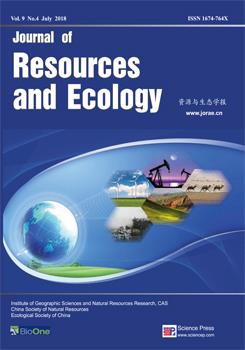Central Asian countries are located in the heartland of the Eurasian Continent. Their geographic location puts their energy flows under tremendous geopolitical pressure from the countries along their limited number of pipelines. With energy trade data from the United Nations Comtrade Statistics Database in the period from 2005 to 2016, this paper evaluates energy security of Kazakhstan and Turkmenistan (exporter) and Kyrgyzstan (importer) using three standards: correlativeness, diversity, and the impact of international relations. It concludes that Kazakhstan and Turkmenistan's oil markets are balanced in terms of correlation and diversification, and thus less subject to geopolitical pressure. Turkmenistan's gas markets, on the other hand, still have tremendous exposure to geopolitical risks for lack of diversification. Kyrgyzstan, as an energy importer, could rely on a few neighboring countries for energy supply. We found out that the three Central Asian countries’ energy security is largely determined by four political factors: the relationship with Russia, the new “great game” in Eurasia, the rise of China, and Central Asian regional geopolitical configuration.
How to translate text using browser tools
1 July 2018
Quantitative Analysis of Central Asian Countries' Energy Security and Its Political Influence Factors
Chen Xiaopeng,
Cheng Shengkui,
Wu Liang
ACCESS THE FULL ARTICLE

Journal of Resources and Ecology
Vol. 9 • No. 4
July 2018
Vol. 9 • No. 4
July 2018
correlativeness
diversity
gas
international relation
oil





